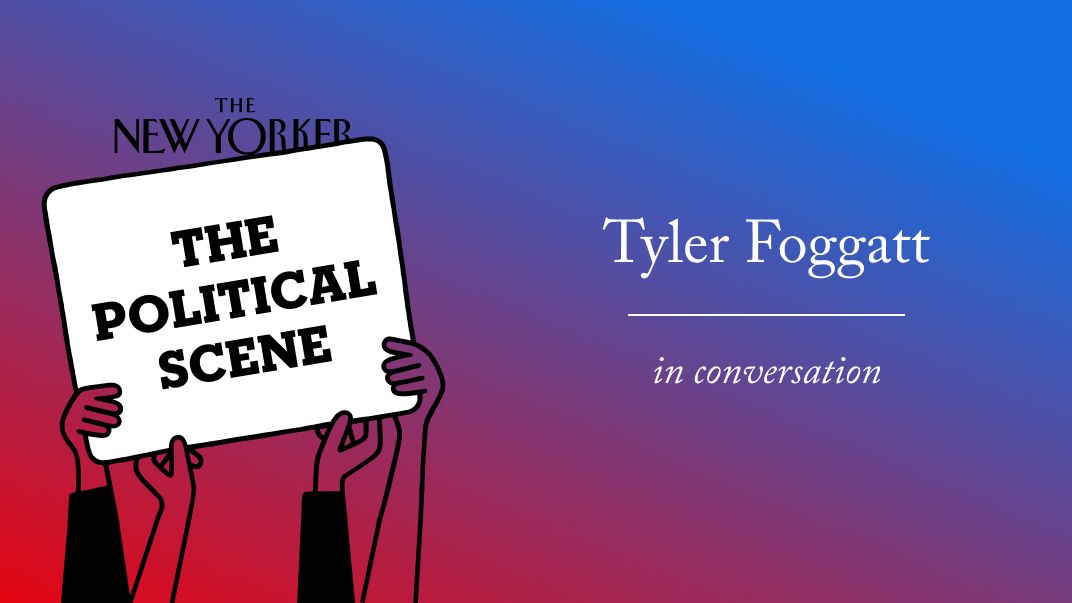The intersection of power and humor has long been a contentious battleground, and never more so than during the recent political landscape where the administration’s attacks on late-night comedy were perceived as a strategic game of “stupid whack-a-mole,” as articulated by former Daily Show correspondent Roy Wood, Jr. This escalating tension highlights a critical struggle for free speech within the very fabric of American democracy.
This particular discourse emerged from a revealing installment of the “How Bad Is It?” series, a monthly exploration into the health and resilience of American democratic institutions. Hosted by staff writer Andrew Marantz and Tyler Foggatt, the segment featured Roy Wood, Jr., known for his satirical program “Have I Got News for You” on CNN, bringing an insider’s perspective to the escalating challenges faced by comedians and satirists.
A central point of discussion revolved around the implications of CBS’s controversial cancellation of “The Late Show with Stephen Colbert,” examining how such actions could be interpreted as a form of political pressure on late night comedy. This event, whether a direct consequence or a symptom of the broader climate, underscored the precarious position of shows that dare to challenge political figures through humor.
Furthermore, the conversation delved into a recent episode of “South Park,” which delivered a searingly critical portrayal of Donald Trump. This animated satire served as a powerful example of how creative mediums continue to be potent vehicles for political commentary, pushing boundaries and reflecting public sentiment, despite potential repercussions from powerful figures.
The discussion further illuminated the administration’s aggressive deployment of lawsuits and the administrative state as tools to intimidate critics across the media and entertainment industries. This systematic approach aimed not only to stifle dissenting voices but also to exert control over the narrative, creating an environment where creative expression could be curtailed.
Despite these formidable tactics, Roy Wood, Jr. maintained a resilient stance, asserting that “There’s always going to be these petty, ticky-tack battles that the Administration fights.” His insightful observation underscores a belief that such efforts, while disruptive, are ultimately futile in their primary goal of silencing the very voices they seek to suppress.
The broader implications for political satire and comedic expression in a politically charged environment were thoroughly examined. The essence of this struggle lies in safeguarding the space where humor can serve as a vital form of social commentary, holding power accountable and providing a critical lens through which society can process complex political realities.
This ongoing battle reinforces the enduring role of comedy as a powerful form of social commentary and resistance. Comedians, through their art, often become unexpected vanguards of truth-telling, using wit and exaggeration to highlight uncomfortable truths and challenge conventional wisdom, thereby enriching the public discourse.
Ultimately, the effectiveness of suppressive tactics against artistic expression remains debatable. While legal and administrative pressures can create temporary obstacles, the inherent drive of comedy to reflect and critique often finds new avenues, ensuring that humor continues to thrive as a mirror to society and a guard against unchecked power.






Leave a Reply